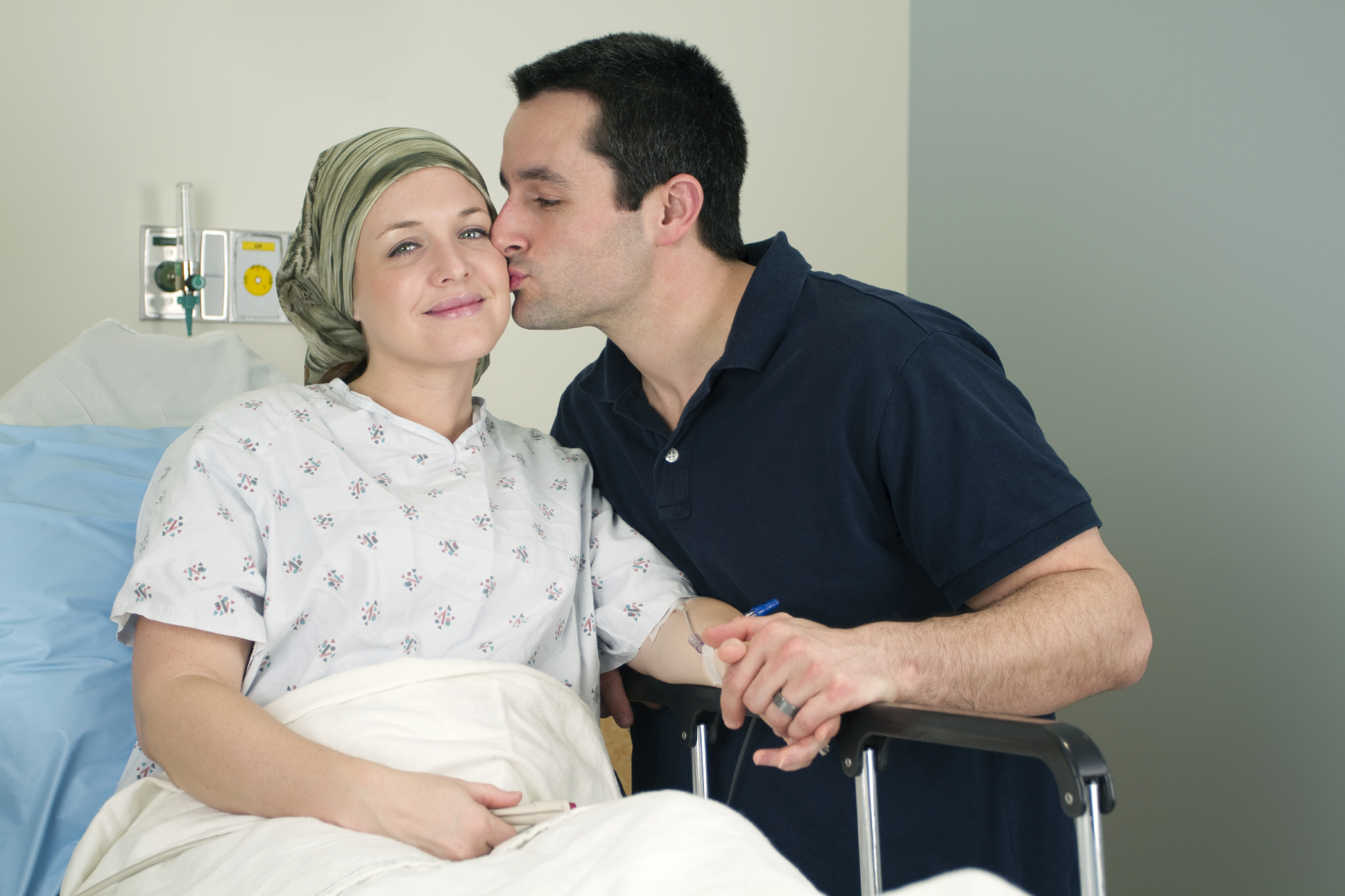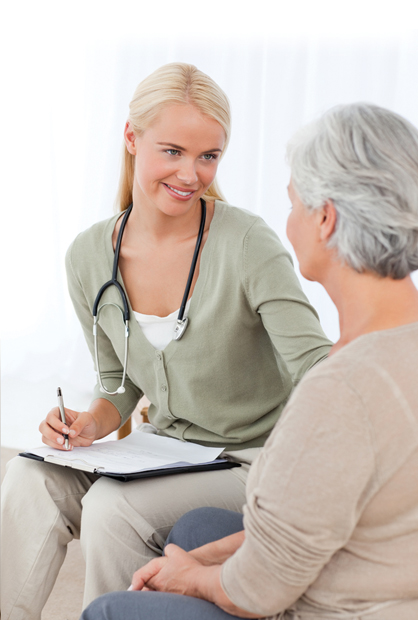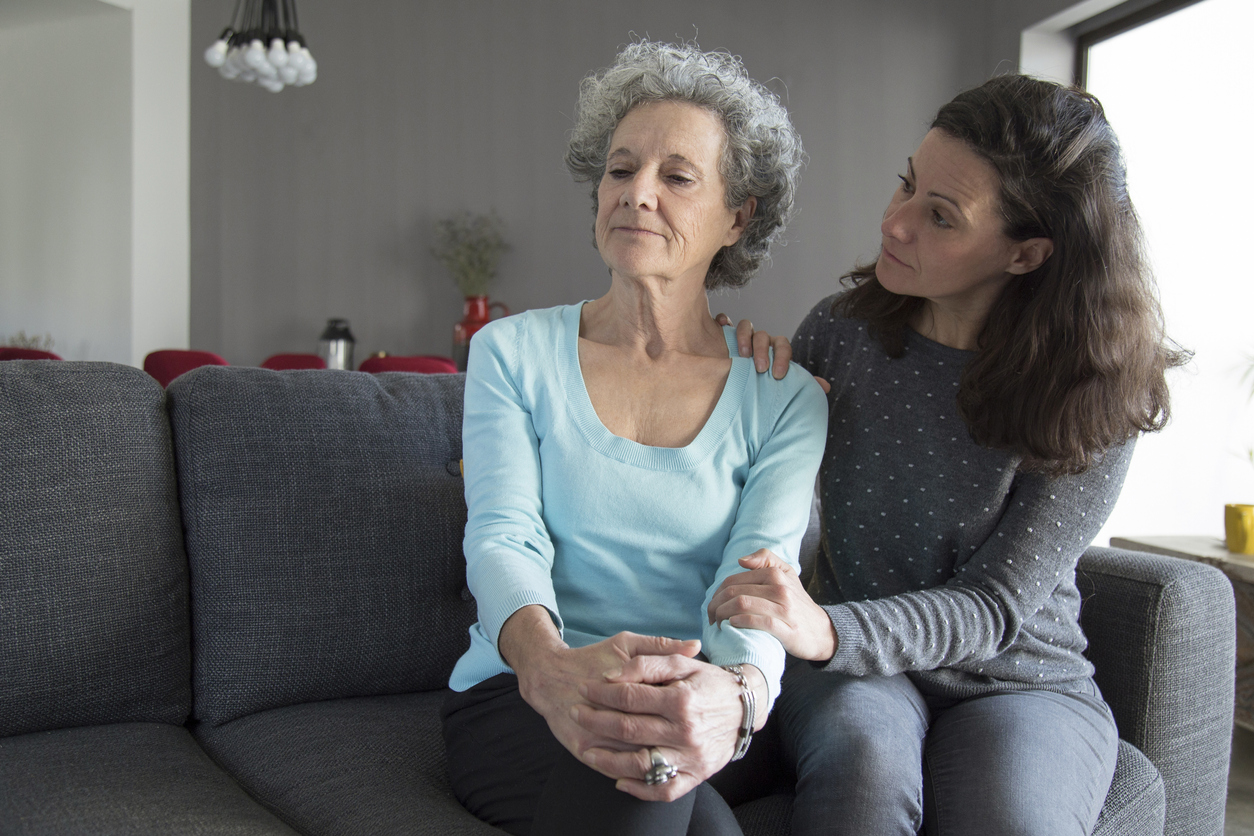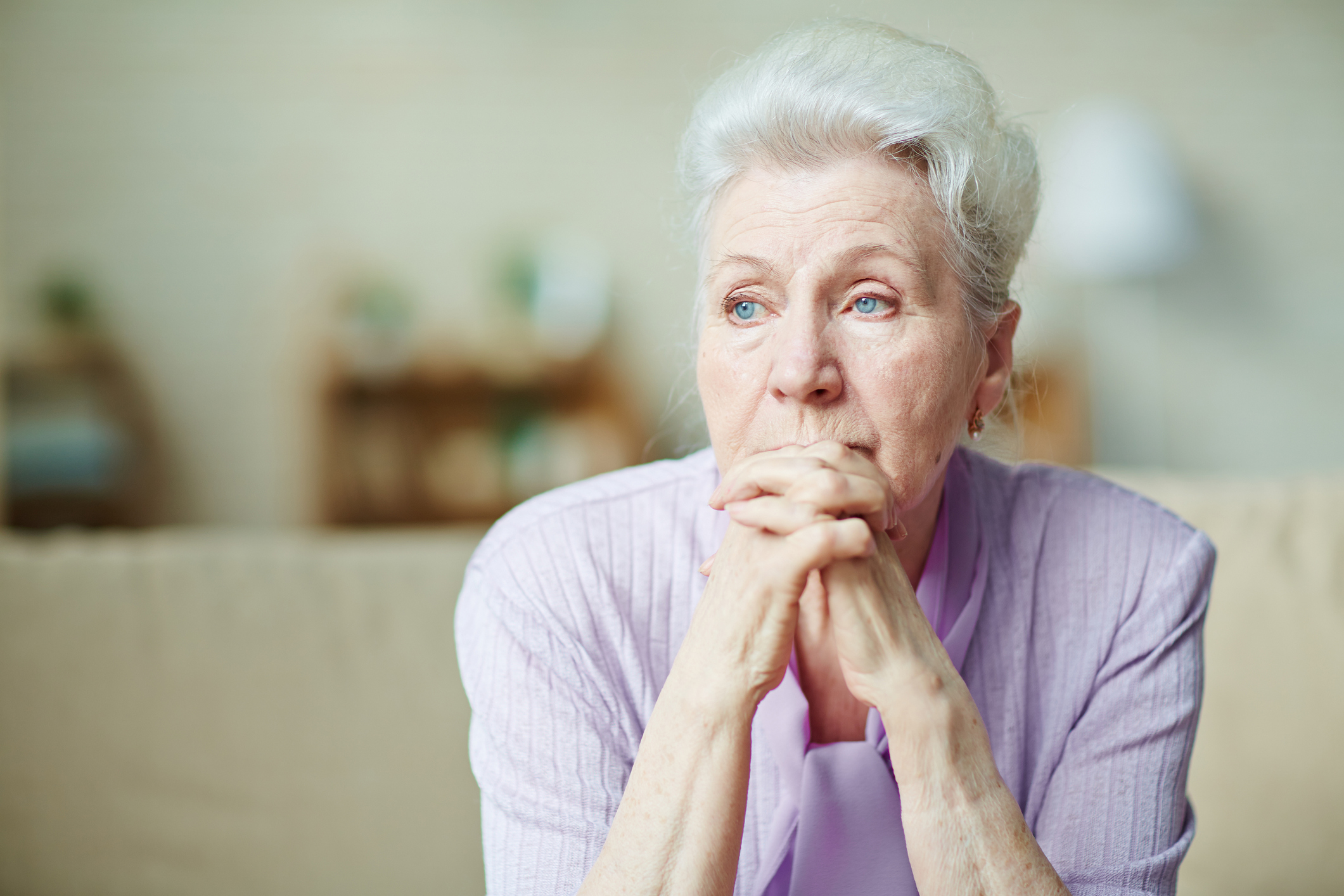
Coping with a cancer diagnosis
Advice on how to cope, talking to family and friends, managing money and work, and more.
Dealing with the emotional effects of a cancer diagnosis
You are likely to experience a wide range of emotions during your cancer diagnosis and treatment. Shock, anger, sadness, sorrow, denial, guilt and anxiety are all very normal feelings. Recognising these feelings will help you to cope better and feel more in control of your illness.

Talk to a cancer survivor who's been there
Through our Peer Support one-to-one support programme, cancer survivors provide emotional and practical support to newly diagnosed patients.
If you've been diagnosed and would like to speak to someone, let us know.

Where can I get more information about cancer?
Your medical team
Your medical team knows you best and has information on your particular cancer, your treatment and your general health. Try to get a phone number when you’re at the hospital, so you can contact the team if you have any questions.
Our cancer nurses
Our cancer nurses can answer your questions, send you helpful publications and direct you to reliable websites.
Our publications
We have a range of free publications, reviewed by cancer doctors and nurses working in Ireland. These cover different cancer types, treatments, side-effects and coping with the practical and emotional side of cancer. You can order free copies by calling our Support Line on 1800 200 700 or order publications online. Go to publications
Getting cancer information online
There is a huge amount of information about cancer online, but not all of it is reliable. It may not apply to your situation or it may be misleading or even untrue. Here are some tips to get the best online information:
- Ask your medical team to recommend suitable websites for you.
- Use independent, reliable websites, like cancer organisations and government health websites. Their information is checked to make sure it is based on good scientific evidence.
- Check the date when the page was written – cancer treatment is changing all the time, so out-of-date information may be unhelpful.
- Go back to your doctors and nurses if you find information online you’re not sure about. Ask them to explain it or if it’s accurate. Medical professionals know that many people use online information – they will be happy to help you.
- Find out about the website – do they have contact details, information about the qualifications of the person writing the information or any sponsors?
- Avoid information produced by individuals – personal stories are interesting to read and often feel very convincing, but one person’s experience is not a good basis for making decisions about your health.
- Avoid sites showing ads or selling services or products. If a webpage is making money – for example by selling a ‘cure’, there’s more reason for them to exaggerate or give misleading or incomplete information.
Managing money, work and travel
In addition to the emotions and feelings involved with a cancer diagnosis, many patients worry about money and work. The information below provides advice on coping with medical expenses and financial pressures during cancer.
Patient tips
A cancer diagnosis is overwhelming. You may find it hard to make sense of medical information and get used to talking to doctors and navigating the hospital system. In this section you can find tips to help make this easier for you.









For more information
Phone
1800 200 700






